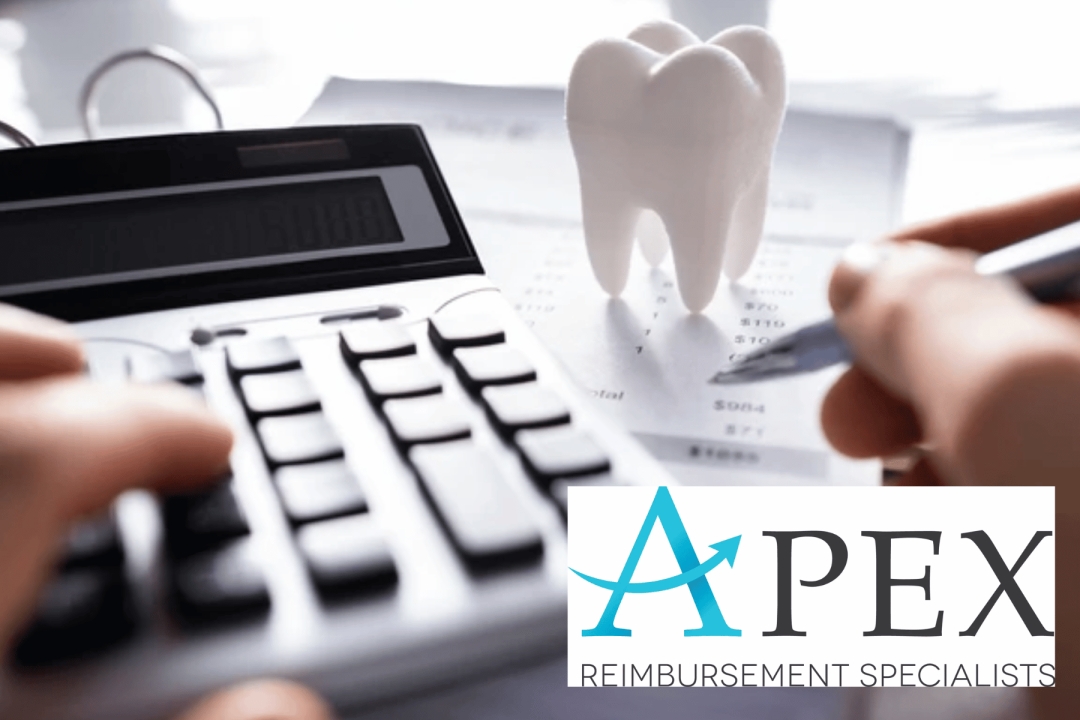The dental credentialing process is an essential step for dental professionals seeking to join insurance networks and expand their practice's reach. In this competitive healthcare landscape, dental professionals must be properly credentialed to receive reimbursement from insurance companies and ensure they are eligible to provide services to patients covered by insurance. APEX Reimbursement Specialist explains the essential documents needed for dental credentialing and provides guidance on how to navigate the process smoothly.
Credentialing is a necessary procedure that helps dental practices ensure their qualifications and compliance with state and federal regulations. Having the correct documents in place is critical to avoid delays or rejections in the application process. To streamline this process, many providers rely on professional dental credentialing services, which help ensure all paperwork is accurate, complete, and submitted on time. Here are the key documents every dental professional must have when applying for credentialing.
Key Documents for Dental Credentialing
1. Proof of Identity and Legal Documents
A crucial first step in the credentialing process is providing proof of identity. Typically, this includes a government-issued ID such as a driver’s license or passport. Additionally, dental professionals need to submit a valid Social Security number (SSN) and other identification documents, depending on the state’s specific requirements. These documents verify the identity of the individual and confirm that they are legally permitted to practice.
2. Educational and Licensing Credentials
Credentialing organizations require dental professionals to submit proof of their education and professional qualifications. This includes a copy of the dental degree (DDS or DMD) from an accredited dental school and any specialty certifications, if applicable. Dental professionals must also submit state-issued licenses to practice, along with any certification numbers. These documents validate that the provider has completed the necessary education and training required to practice dentistry in the state. Working with a dental credentialing specialist can help ensure these documents are accurately prepared and submitted without errors or omissions.
3. Continuing Education Records
Continuing education (CE) is an important aspect of a dental professional’s career. Many credentialing agencies require evidence of completed CE courses to show that the professional is up-to-date with the latest dental techniques, practices, and safety standards. CE records, including certificates or transcripts from accredited programs, should be organized and ready for submission.

4. Malpractice Insurance and History
Dental credentialing agencies typically require proof of active malpractice insurance. This is to ensure that the dental professional is covered for any potential claims. Additionally, a malpractice history statement, detailing any prior claims or lawsuits, may be required. This document helps insurance companies assess risk and ensures the provider is compliant with necessary insurance standards.
5. Work History and References
Work history and professional references are essential components of the credentialing process. Dental professionals are often required to submit an updated resume or Curriculum Vitae (CV), including details of previous employment, clinical experience, and practice locations. References from prior employers, colleagues, or mentors who can vouch for the dental professional’s skills and conduct may also be requested.
6. Background Check and Drug Screening
A background check and drug screening are standard parts of the credentialing process. Many credentialing organizations request that dental professionals undergo a criminal background check and drug test to ensure they meet the ethical and legal standards required to provide dental care. Partnering with experts who offer dental insurance credentialing services can simplify this process by ensuring all requirements, including screenings, are properly documented and submitted.
Streamlining the Credentialing Process
The credentialing process can be time-consuming, but being well-prepared with all the necessary documents will help expedite the approval process. APEX Reimbursement Specialist assists dental professionals in preparing and submitting the required documents, ensuring they meet all necessary standards and guidelines set by insurance companies and regulatory bodies.
About The APEX Reimbursement Specialist
APEX Reimbursement Specialist is a dedicated provider of dental credentialing and reimbursement services, helping dental professionals navigate the complexities of insurance and credentialing requirements. The company offers expert guidance to ensure practices are credentialed and ready to receive reimbursements from insurance networks. As a trusted dental credentialing consultant, APEX Reimbursement Specialist is committed to assisting dental providers in maintaining compliance and streamlining administrative processes, allowing them to focus on delivering quality care to patients.
Media Contact
Company Name: Apex Reimbursement Specialist
Email: Send Email
Phone: 410-710-6005
Address:2835 Smith Ave, Suite 201
City: Baltimore
State: MD 21209
Country: United States
Website: https://apexreimbursement.com/

